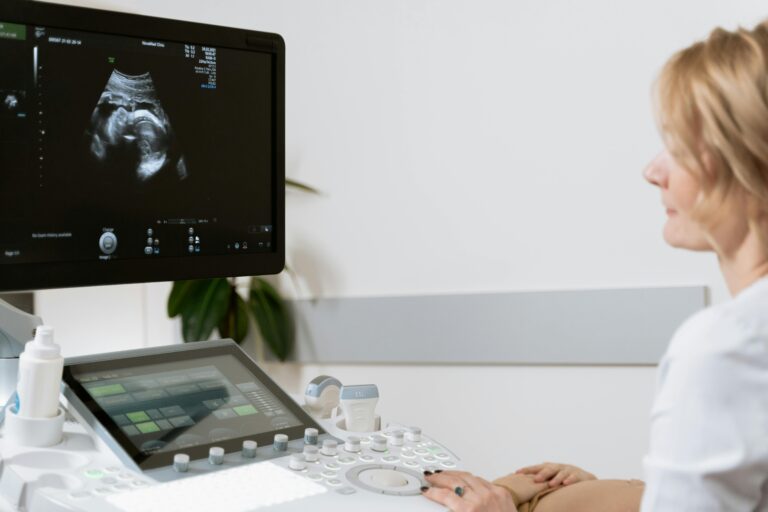The World Health Organization pushes year-round blood donation

June 14 is celebrated as World Blood Donor Day (WBDD). This year’s slogan “Donating blood is an act of solidarity. Join the effort and save lives” was intended to draw attention to the roles that voluntary blood donations play in saving lives and enhancing solidarity within communities, the World Health Organization (WHO) stated.
According to WHO, the specific objectives of this year’s campaign were: to thank blood donors across the globe; create wider public awareness of the need for regular, unpaid blood donation; highlight the need for committed, year-round blood donation to maintain adequate supplies; achieve universal and timely access to safe blood transfusion; recognise and promote the values of voluntary unpaid blood donation in enhancing community solidarity and social cohesion; raise awareness of the need for increased investment from governments to build a sustainable and resilient national blood system; and increase collection from voluntary blood donors.
Countries worldwide were encouraged to share, on various media outlets, stories of people whose lives have been saved through blood donation as a way of motivating regular blood donors to continue giving blood, and to motivate people in good health who have never given blood to begin doing so.
The day also provides an opportunity to call to action governments and national health authorities to provide adequate resources to increase the collection of blood from voluntary, unpaid blood donors and to manage access to blood and the transfusion of those who require it.
WHO further notes, Blood and blood products are essential resources for effective management of women suffering from bleeding associated with pregnancy and childbirth; children suffering from severe anaemia due to malaria and malnutrition; patients with blood and bone marrow disorders, inherited disorders of haemoglobin and immune deficiency conditions; victims of trauma, emergencies, disasters and accidents; as well as patients undergoing advanced medical and surgical procedures. The need for blood is universal, but access to blood for all those who need it is not. Blood shortages are particularly acute in low- and middle-income countries.
To ensure that everyone who needs a transfusion has access to safe blood, all countries need voluntary, unpaid blood donors who give blood regularly. An effective blood donor programme, characterised by wide and active participation of the population, is crucial in meeting the need of blood transfusion during peace time as well as during emergencies or disasters, when there is a surge in demand for blood or when the normal operation of blood services is affected. While an enabling social and cultural atmosphere with strong solidarity facilitates development of an effective blood donor programme, it is also widely acknowledged that the act of blood donation contributes to generating social ties and building a united community.
The blood collection centres in Jamaica are Cornwall Regional Hospital; Falmouth Hospital; Kiwanis Blood Collection Centre; National Chest Hospital; Mandeville Hospital; May Pen Hospital; National Blood Transfusion Service (Blood Bank); Port Antonio Hospital; Savanna-la-Mar Hospital; St Ann’s Bay Hospital, and University Hospital of the West Indies.






